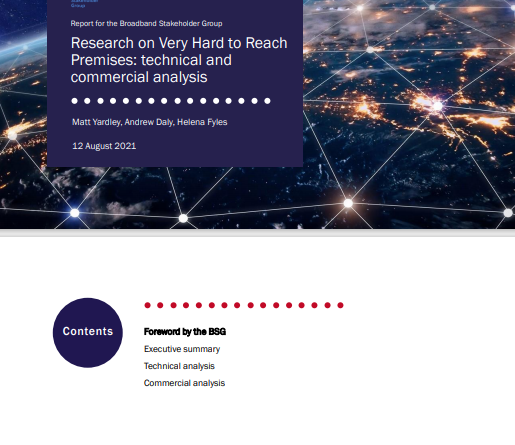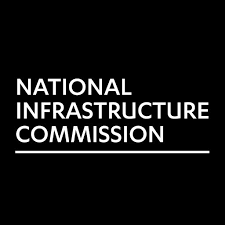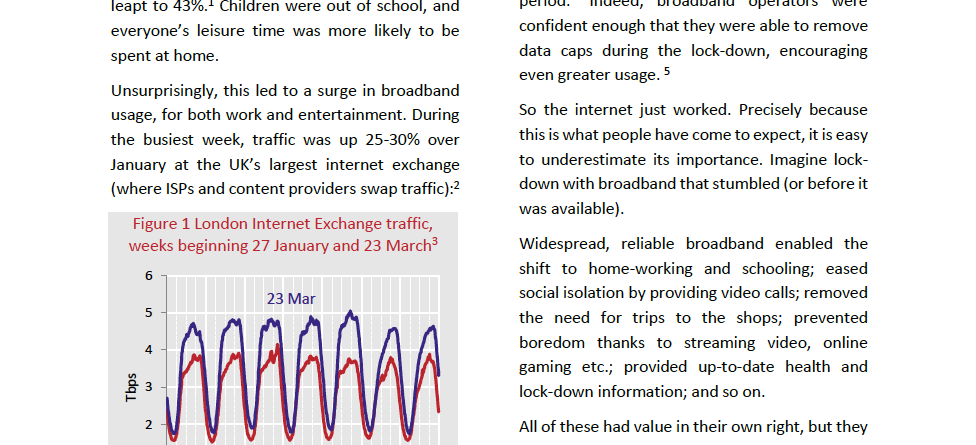DCF Report – Research on Very Hard to Reach Premises: technical and commercial analysis
Digital Connectivity Forum has published primary research by leading consultancy Analysys Mason on the commercial and technical practicalities of providing broadband coverage to areas in the UK that are hardest to reach.
The report significantly adds to the evidence base currently available to ensure a cost-effective subsidy programme is achieved. It provides details of a wide range of broadband technologies, including fixed and wireless, terrestrial and non-terrestrial that could be deployed in the UK between 2021 and 2027. It also assesses the ability to deliver either 30Mbit/s or 300Mbit/s download speeds to improve connectivity in remote areas. (more…)













